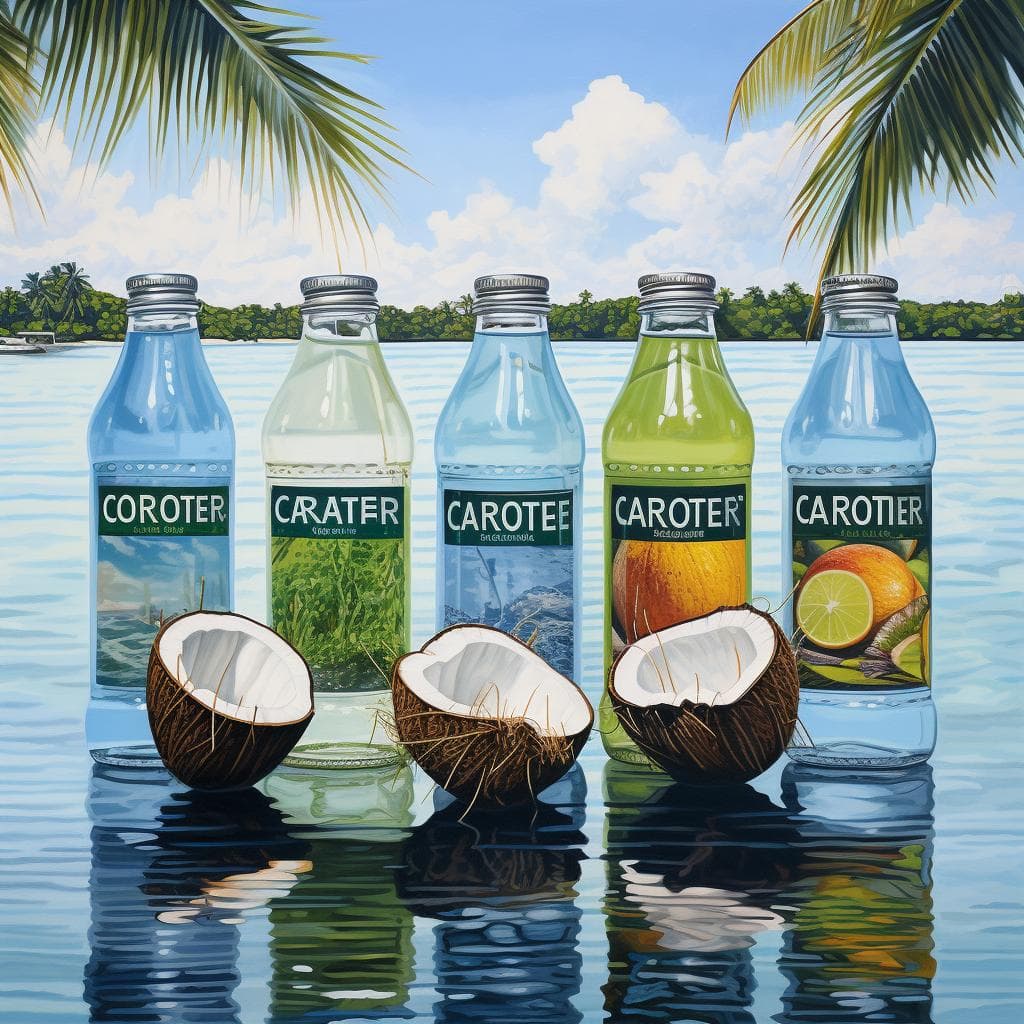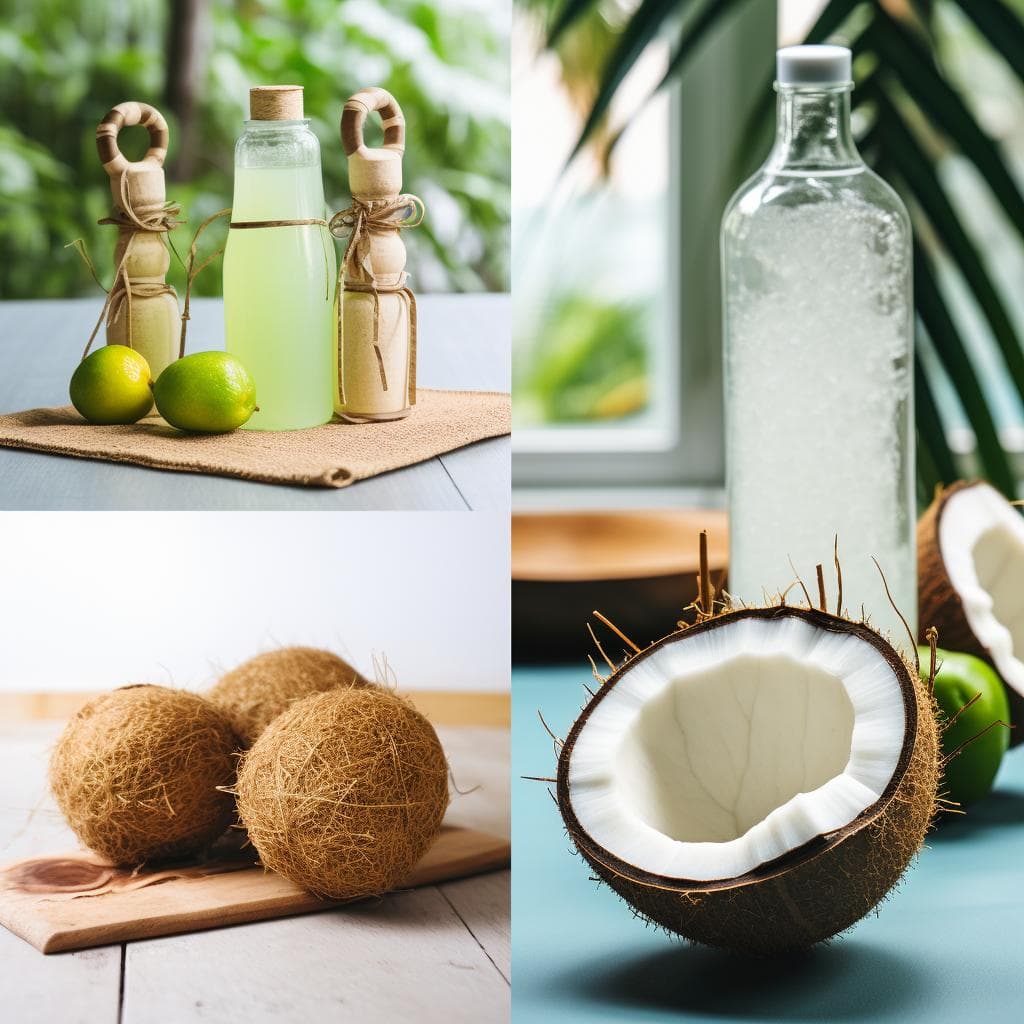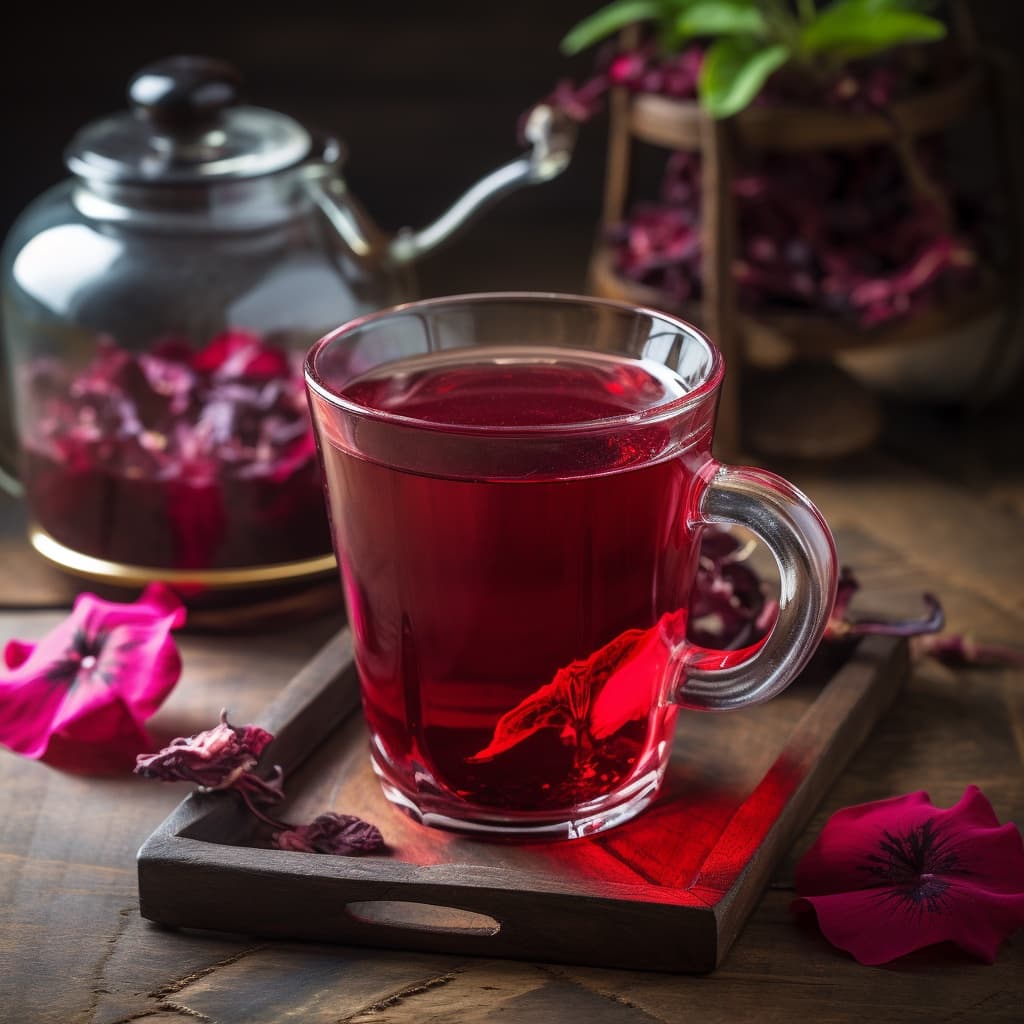High cholesterol levels can have a significant impact on our health, particularly when it comes to heart disease and other cardiovascular issues. While dietary changes are often emphasized in managing cholesterol, the role of beverages is often overlooked. In this article, we will explore the importance of beverages in managing high cholesterol and discuss some healthy drink choices that can help in this process.
Understanding Cholesterol and Its Effects on Health
Cholesterol is a waxy substance produced by the liver and obtained through certain foods. While it is essential for various bodily functions, too much cholesterol, especially LDL cholesterol (commonly referred to as "bad" cholesterol), can lead to the buildup of plaque in the arteries and increase the risk of heart disease.
The Impact of Diet on Cholesterol Levels
Diet plays a crucial role in managing cholesterol levels. Consuming foods high in saturated and trans fats can raise LDL cholesterol, while incorporating foods rich in soluble fiber, healthy fats, and antioxidants can help lower LDL cholesterol.
Beverages That Help Lower Cholesterol
Certain beverages contain compounds that can positively influence cholesterol levels and support heart health. Including these beverages in your diet can contribute to managing high cholesterol effectively.
Green Tea
Green tea is well-known for its high concentration of antioxidants called catechins. These antioxidants have been shown to help lower LDL cholesterol levels and promote overall heart health. So why not sip on a cup of green tea to enjoy its benefits?
Black Tea
Similar to green tea, black tea also contains antioxidants that can have a positive impact on cholesterol levels. Regular consumption of black tea has been associated with modest reductions in LDL cholesterol. So go ahead and brew yourself a cup of black tea to add some variety to your daily routine.
Whey Protein Smoothies
Whey protein, a byproduct of cheese production, has been found to have cholesterol-lowering effects. By including whey protein in your smoothies along with fruits and vegetables, you can enjoy a tasty and nutritious way to manage cholesterol levels. Opt for unsweetened whey protein powder and blend it with your favorite fruits and a source of healthy fats like almond butter.
Beverages to Limit or Avoid
While certain beverages can have a positive impact on cholesterol levels, others should be consumed in moderation or avoided altogether due to their potential negative effects.
Sugary Beverages
Sugary beverages, such as soda, fruit juices with added sugars, and energy drinks, can contribute to weight gain and increase triglyceride levels, potentially raising LDL cholesterol. It is advisable to limit or avoid these beverages to effectively manage cholesterol.
Alcohol
While moderate alcohol consumption may have some heart benefits, excessive alcohol intake can raise triglyceride levels and lead to high cholesterol levels. If you choose to consume alcohol, do so in moderation and consult with your healthcare provider for personalized guidance.
Hydration and Cholesterol Management
Proper hydration is essential for overall health, including heart health and cholesterol management.
Water
Drinking an adequate amount of water throughout the day supports overall well-being and can aid in weight management, which in turn can positively impact cholesterol levels. Aim to drink at least 8 glasses of water daily to stay properly hydrated.
Herbal Teas and Infused Water
In addition to water, herbal teas and infused water can be hydrating alternatives to sugary beverages. Some herbal teas, such as hibiscus tea, have been associated with lower LDL cholesterol levels. Experiment with different herbal teas and consider infusing water with fruits like lemon or cucumber for added flavor.
Conclusion
Beverages can play a significant role in managing high cholesterol levels and promoting heart health. By incorporating cholesterol-lowering beverages like green tea, black tea, and whey protein smoothies into a balanced diet, and being mindful of limiting or avoiding sugary beverages and excessive alcohol consumption, individuals can take proactive steps toward maintaining healthy cholesterol levels and reducing the risk of cardiovascular diseases. Staying hydrated with water, herbal teas, and infused water further supports overall well-being and cholesterol management. As always, it's essential to consult with a healthcare professional for personalized advice and guidance on managing cholesterol levels.
FAQs (Frequently Asked Questions)
Are there any other beverages that can help lower cholesterol?
While green tea, black tea, and whey protein smoothies are known for their cholesterol-lowering properties, other beverages such as hibiscus tea and beetroot juice may also have positive effects on cholesterol levels. Incorporating a variety of these beverages into your diet can be beneficial.
Is it necessary to completely eliminate sugary beverages?
While it is not necessary to completely eliminate sugary beverages, it is advisable to limit their consumption. Opting for healthier alternatives like herbal teas and infused water can help reduce the intake of added sugars and support cholesterol management.
Can I replace meals with whey protein smoothies for managing cholesterol?
While whey protein smoothies can be a healthy addition to your diet, it is important to maintain a balanced meal plan that includes a variety of nutrients. It is best to consult with a registered dietitian or healthcare professional to determine the most suitable dietary approach for managing cholesterol.
How long does it take to see improvements in cholesterol levels through diet and beverages?
The time it takes to see improvements in cholesterol levels can vary from person to person. Consistency in following a healthy diet and incorporating cholesterol-lowering beverages is key. It is recommended to regularly monitor cholesterol levels with the guidance of a healthcare professional.
Are there any potential side effects of consuming herbal teas or whey protein?
While herbal teas and whey protein are generally considered safe for consumption, some individuals may be allergic or sensitive to specific ingredients. It is advisable to read product labels, consult with a healthcare professional, and be aware of any personal allergies or sensitivities before incorporating these beverages into your diet.




